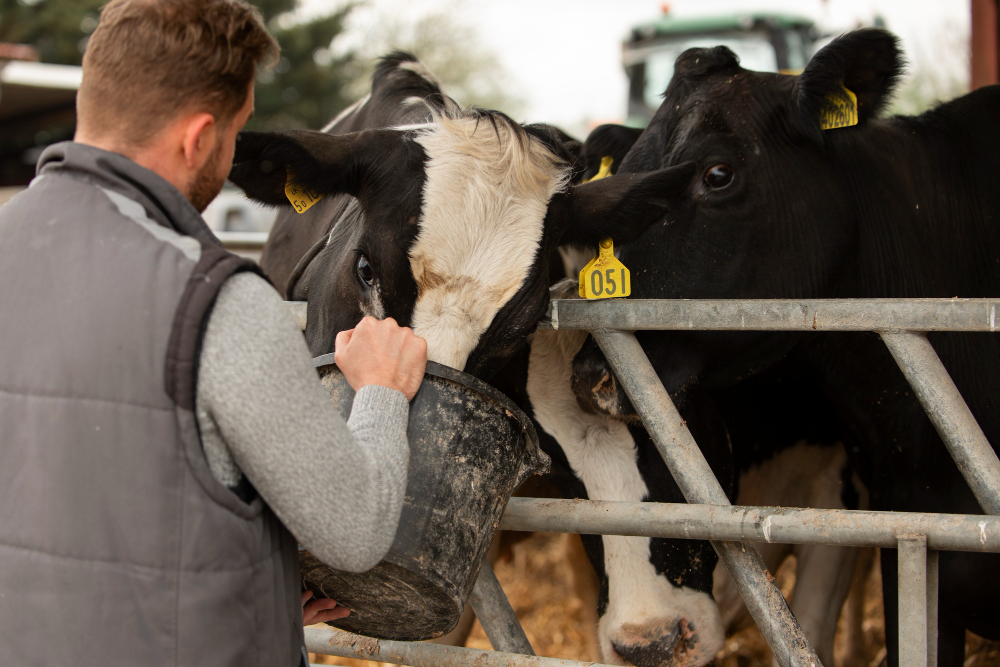The European Commission’s new proposal for the Common Agricultural Policy (CAP) for the period 2028–2034 has generated deep concern in the European agricultural and livestock sector. The text proposes a 22% reduction in the budget, from the current €387 billion to €302 billion, in a context of sharply increased defense spending.

One of the most controversial aspects is the dismantling of the traditional two-pillar system—direct aid and rural development—to integrate it into a common multisectoral fund, managed bilaterally between Brussels and the Member States. This means the loss of budgetary autonomy for the agri-food sector, dilutes the common nature of the CAP, and increases the risk of territorial inequality, as regions with greater resources could allocate more aid than others with greater structural needs.
Key changes affecting the livestock and agricultural sector:
- 22% total budget cut: this jeopardizes the maintenance of essential aid for farms and livestock farms.
- Disappearance of the rural development pillar: this will directly affect the modernization of facilities, the incorporation of young people, the ecological transition, and water efficiency.
- Possible exclusion of retired farmers from 2029 onwards: a particularly serious measure in regions with a high average age in the sector.
- Decentralized management of aid: Member States—and even autonomous communities—could have greater control, undermining the equity of common agricultural policies.
- Loss of strategic funds: The renationalization of resources could lead to diversions to other areas such as defense or migration, leaving livestock and agriculture in the background.
- Increased regulatory uncertainty: Aid will be subject not only to agricultural criteria, but also to macroeconomic and political decisions.
Although the proposal includes the continuation of direct aid and the reinforcement of some social measures already in place (such as aid ceilings for large farms or the recognition of pluriactive farmers), the elimination of the second pillar jeopardizes numerous lines that until now supported the viability of the sector.
From the livestock sector, this reform could represent a serious setback in the professionalization of the sector, limiting its access to financing for innovation, animal welfare, or environmental sustainability.
Call for dialogue
Given this situation, nine autonomous communities have requested the urgent convening of a Sectoral Conference on Agriculture and Rural Development with the Government of Spain to analyze the impact of this reform. The demand is unanimous: the CAP cannot lose its strategic nature, nor its role as a tool for territorial, social, and economic cohesion.
At ANAFRIC, we share the concerns of the primary sector and warn about the potential consequences of this new approach: loss of competitiveness, rising prices, food inflation, and the weakening of the professional livestock farming model. Food security is not guaranteed solely through treaties, but also through vibrant, sustainable, and professionalized agriculture and livestock farming.
You may also be interested in
















